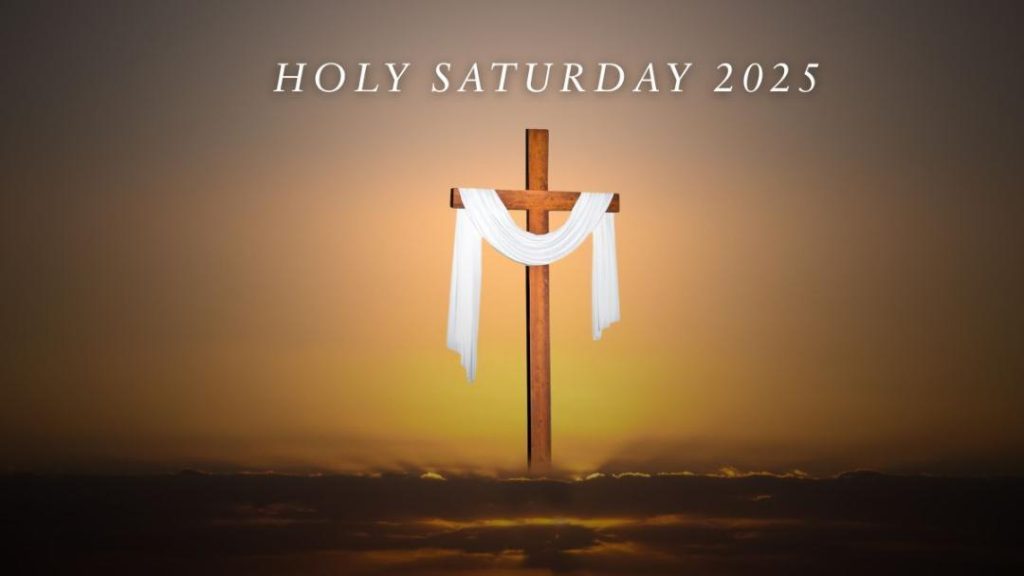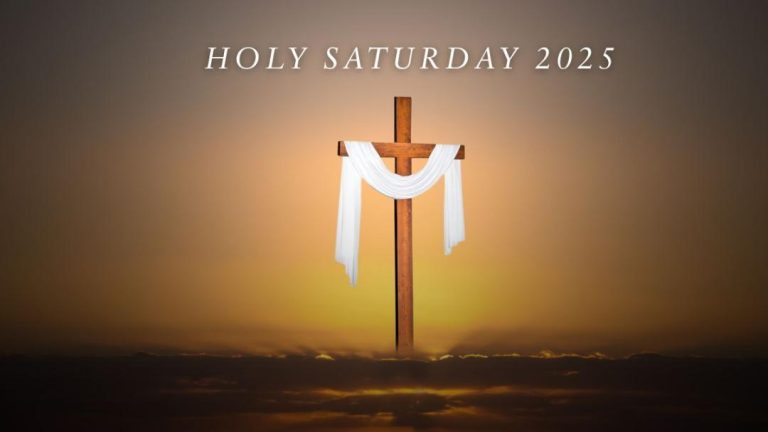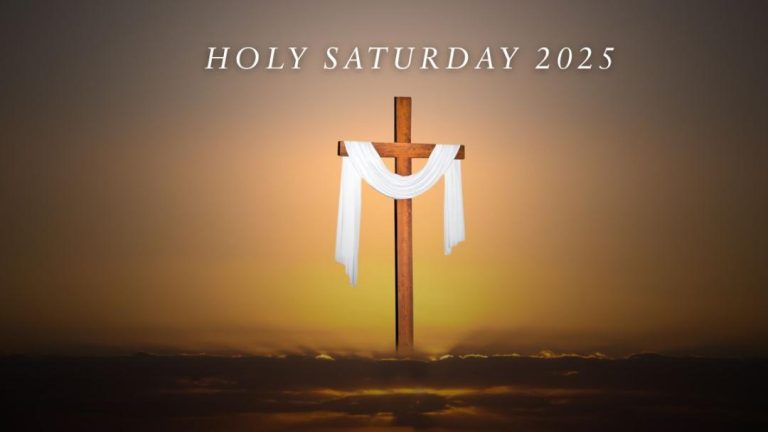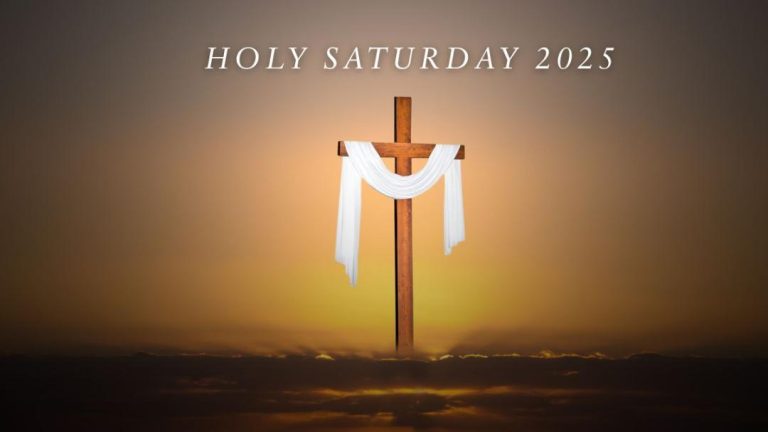
What is Holy Saturday & why is it celebrated?
Holy Saturday, observed between Good Friday and Easter Sunday, marks the day Jesus Christ lay in the tomb after his crucifixion. It signifies a period of silence, reflection, and anticipation before the celebration of his resurrection. This year, Holy Saturday will be observed on April 19, 2025, followed by Easter Sunday on April 20.
The significance of Holy Saturday lies in the fact that it is the day when Jesus Christ, who was crucified on Good Friday, lay in the tomb, awaiting his resurrection on Easter Sunday. This period of three days, from Good Friday to Easter Sunday, is considered the most important and significant in the Christian calendar. It is a time for reflection, contemplation, and anticipation of the resurrection of Jesus Christ, which is the central message of Christianity.
The significance of Holy Saturday can be understood by looking at the events that took place on this day. After Jesus Christ was crucified on Good Friday, his body was taken down from the cross and placed in a tomb, where he lay for three days. This period of time was meant to be the final rest for Jesus Christ, but it was not to be. On the third day, Jesus Christ rose from the dead, defeating death and sin, and proving his divine nature.
The significance of Holy Saturday can also be understood by looking at the symbolism associated with this day. The tomb where Jesus Christ lay is often seen as a symbol of death and sin, while the stones that sealed the tomb are seen as a symbol of the weight of sin and death. The fact that Jesus Christ rose from the dead on Easter Sunday is seen as a symbol of his victory over death and sin.
Holy Saturday is also a time for reflection and contemplation. It is a time to reflect on the sacrifice that Jesus Christ made for humanity and to contemplate the significance of his resurrection. It is also a time to reflect on the importance of faith and the role that it plays in our lives.
The celebration of Holy Saturday varies across different Christian denominations and traditions. Some denominations, such as the Roman Catholic Church, observe Holy Saturday as a day of fasting and abstinence from meat, while others, such as the Eastern Orthodox Church, observe it as a day of joy and celebration.
In some traditions, Holy Saturday is also a time for special liturgical services and prayers. For example, the Roman Catholic Church holds a special liturgy on Holy Saturday, which includes the blessing of the Easter candle and the recitation of the Easter vigil. The Eastern Orthodox Church also holds a special liturgy on Holy Saturday, which includes the reading of the Paschal Gospel and the singing of Paschal hymns.
In addition to its spiritual significance, Holy Saturday is also a time for family and friends to come together. Many families and friends gather together on Holy Saturday to share a meal and to celebrate the Easter season. This is often seen as a time to strengthen bonds and to create new memories with loved ones.
In conclusion, Holy Saturday is a significant day in the Christian calendar that marks the period of time when Jesus Christ lay in the tomb after his crucifixion. It is a time for reflection, contemplation, and anticipation of the resurrection of Jesus Christ, which is the central message of Christianity. The significance of Holy Saturday can be understood by looking at the events that took place on this day, the symbolism associated with it, and the way it is celebrated across different Christian denominations and traditions.





